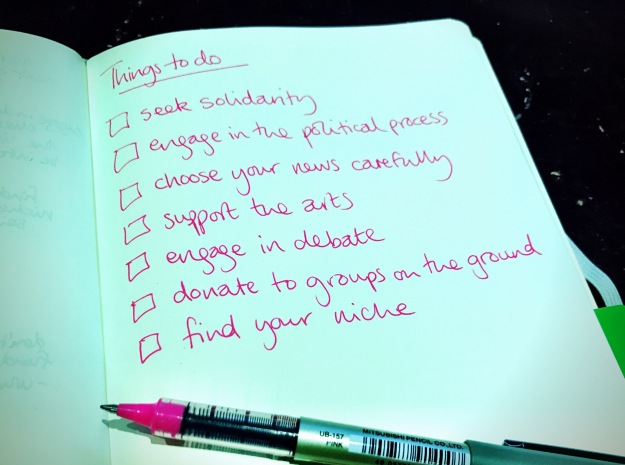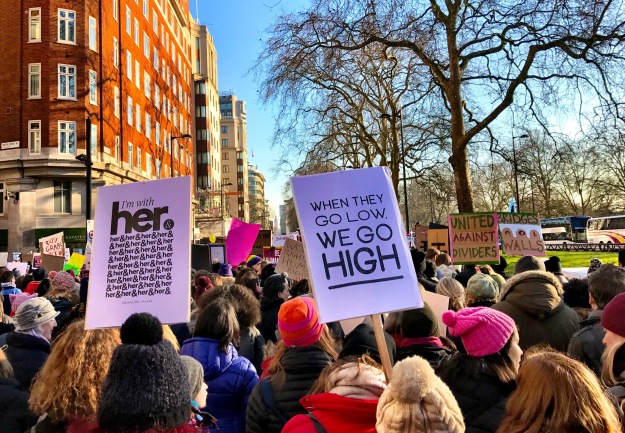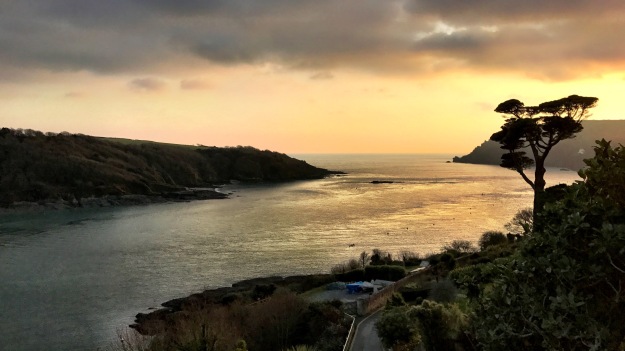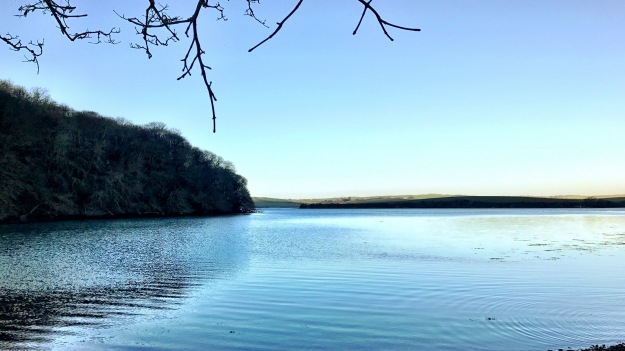I remember the day at the start of last summer when the nightmare began – for me anyway.
I was at a blogging conference in London, and had just stepped out to get some fresh air when I picked up the call from my mum. My Aunty Jan was sick – nothing too serious, but she had a jaundice that she couldn’t shake and they were starting to worry there might be something wrong with her liver. She wanted to pick Leigh’s brains who, fresh out of his fourth year med school exams, was looking after Arthur at the time.
We discussed it over the next few days, confused but not overly concerned. Jan was healthy, strong and active – it would just be a weird infection, surely, that would go away on its own.
Except it didn’t.
Over the next couple of weeks her condition worsened daily. She was admitted to hospital, the doctors still none the wiser of the cause but increasingly concerned about the impact it was having on her body. Both Jan and my Uncle Tony were subjected to repeated questions about their lifestyle – had she been an alcoholic the cause, and the treatment, would have been somewhat easier to discern.
But she wasn’t, and she kept getting worse.
At hospital in Truro, Jan’s other organs began to suffer, and the doctors had no choice but to put her into a coma to try to conserve what strength she had left. Now on the super-critical list for a transplant she was transferred by helicopter to King’s College Hospital in London at the earliest opportunity.
She went straight to the top of the list for a suitable organ, leaving us all in disbelief: how was it possible that this strong, youthful woman, who we had partied with at my brother’s wedding six short weeks before, was now battling for her life – the cause of her illness still evading the highly qualified team who was looking after her.
Tony kept vigil at her bedside, updating us all with an incredibly erudite commentary of the surreal and heart-stopping experiences that were befalling them daily, always careful to praise the exceptional care they were receiving.
None of us wanted to give up hope, but it became increasingly hard to believe that this nightmare could possibly have a positive outcome.
And then, one day, the tide turned.
A viable match was found – a liver that was healthy enough, in theory at least, to cope with the damage that had already been done to Jan’s other organs. The risks of surgery were huge, but as Tony put it ‘without the transplant there are no options’; and so they took it.
The operation was a success, though in its immediate aftermath there were still fears of infection, rejection and thrombosis. We were all on tenterhooks waiting for Tony’s updates, and there was a shared sharp intake of breath when two days after the transplant Jan was returned to theatre to fix a bleed. She made it through that, and began the journey towards breathing independently as her body slowly began to heal itself.
Throughout this journey, Tony continued to stress the ‘fantastic’ level of care that Jan received. In his words, ‘Jeremy Hunt should spend a weekend up here and then hang his head in shame!’
And he should know – they spent six long weeks in Liver Intensive Care, and witnessed at first hand the miracles that can be achieved within our NHS. Having learnt to breathe again, Jan went through the gruelling process of learning to speak and then to walk, assisted by rigorous and determined physiotherapists. In the middle of August, she was transferred from London to Derriford in Plymouth, and two weeks later – a year ago this Sunday – she was discharged, and finally able to go home.

The recovery journey didn’t quite stop there of course. In fact it never really will. But the degree of progress that has been made in that year is quite astounding.
It is all really quite astounding.
Tony shared with me the comments of Jan’s consultant at her most recent check-up, who admitted ‘If I was a betting man I wouldn’t have put money on you pulling through’. Tony said ‘he went on to qualify that statement explaining that so many things had to line up to ensure her survival – management of her transfer to King’s, maintenance of her condition in the induced coma, monitoring and treatment of the various stages of multi organ failure, avoidance of infection, identification of a suitable donor. Whilst knowing that up front would have terrified us, looking back we see nothing but positivity.’
Next Saturday, Tony is rowing in the Thames Great River Race to raise money for the Kings College Hospital Charity: 21.5 miles down the Thames in a Cornish Pilot Gig. I would love it if you could sponsor him – whatever amount you can spare would be hugely gratefully received.
At a time when NHS budgets are being slashed, it is more important than ever that the funds that support vital research are replenished whenever they can be. The resident professors at King’s, as Tony and Jan discovered when they recently went back to the hospital that saved her life for a behind the scenes tour, have a clear development plan for how they can optimise care from paediatrics right through to geriatric patients. But they need the money to do this.
As well as your sponsorship (thank you) there are two more things I ask of you as I reflect on this incredible journey my lovely Aunty has been on.
If you are not already signed up, please consider adding your name to the organ donation register. And if you ever find yourself in the heartbreaking position that the family who gave Jan another chance at life were in, please try to remember the incredible gift your own loss and sorrow can bring.
And finally, support our NHS.
It is more fragile now than it has ever been in its seventy year history, and we need to pull together to ensure that the exceptional care that saved Jan’s life is not undermined by political and economic game playing. It is our NHS, and you never know when you might need it. Make sure you are there for it when it needs you.












